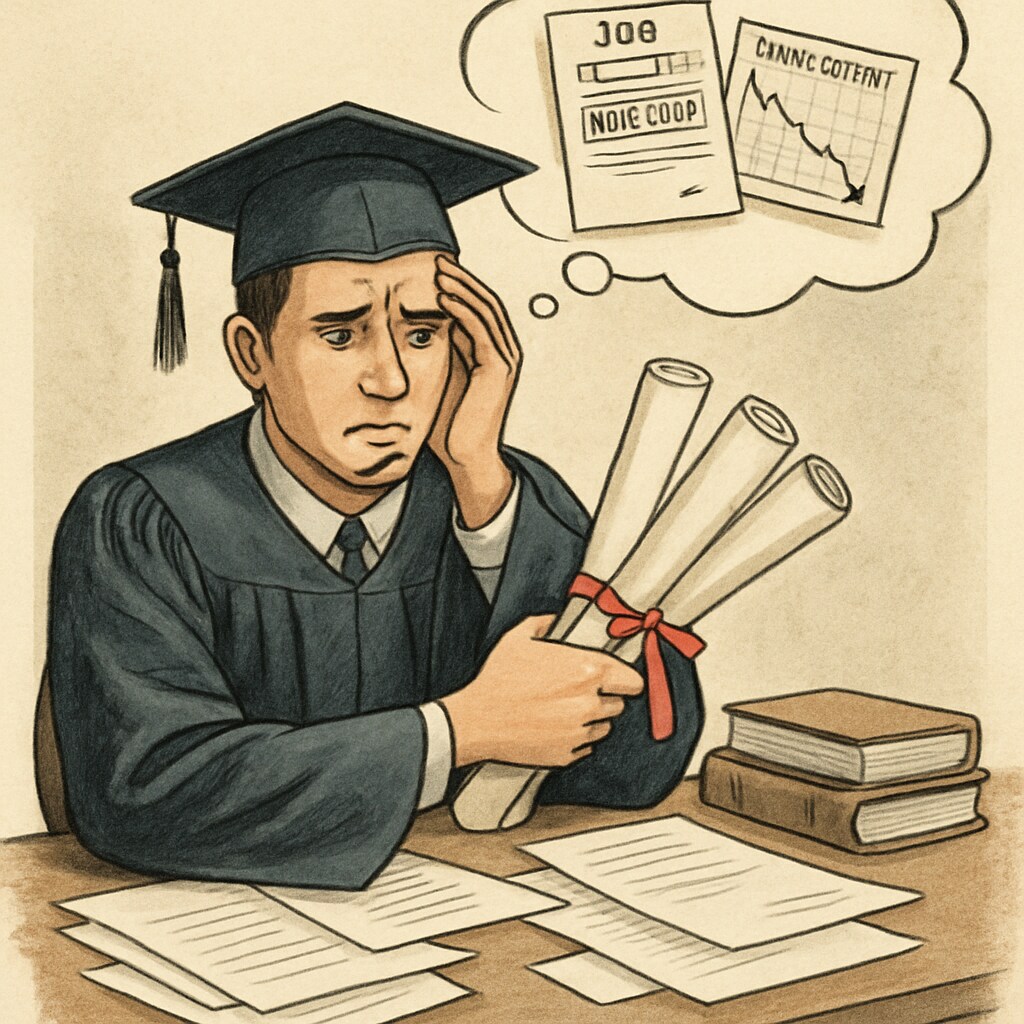The Arizona government has sparked significant debate with its employment policy that prioritizes high school diplomas while disregarding college degrees. This approach raises questions about the value placed on higher education in the workforce and whether it contributes to employment discrimination. The controversy highlights systemic flaws in how educational qualifications are evaluated and requires a deeper examination of the implications for both job seekers and employers.
The Roots of the Policy: Why Prioritize High School Diplomas?
The decision to require a high school diploma but overlook college degrees seems counterintuitive in a world that increasingly values specialized knowledge and skills. Proponents of this policy argue that it creates a level playing field by ensuring that all applicants meet a basic educational standard. They claim that a high school diploma demonstrates foundational knowledge, commitment, and the ability to complete an academic program, which they consider essential for entry-level government jobs.
However, this reasoning fails to account for the broader skill sets and expertise that college graduates bring to the table. A college degree not only represents academic achievement but also reflects critical thinking, problem-solving, and advanced discipline-specific knowledge—qualities that are often indispensable in a professional setting. Dismissing these attributes in favor of a high school diploma undermines the contributions of higher education.

Unintended Consequences: Employment Discrimination and Talent Overlooked
This policy has led to accusations of employment discrimination, particularly against individuals who have invested heavily in higher education. By making a high school diploma the sole qualification, the Arizona government potentially excludes a significant portion of the workforce that holds advanced degrees. For instance, a job applicant with three college degrees but no high school diploma might be deemed unqualified, despite their higher-level expertise.
Critics argue that this creates a paradox where individuals with advanced skills are overlooked in favor of less-qualified candidates. As a result, the policy may not only discourage educational attainment but also perpetuate a cycle where talent and expertise go unrecognized. Furthermore, it raises questions about the message this sends to young people weighing the value of pursuing higher education.

Building a Fair and Inclusive Qualification Framework
To address these issues, Arizona and other states grappling with similar debates must consider implementing a more inclusive qualification framework. Such a framework should:
- Recognize both high school diplomas and college degrees as valid indicators of educational achievement.
- Evaluate candidates based on their skills, experience, and suitability for specific roles, rather than strictly adhering to one type of qualification.
- Incorporate alternative assessment methods, such as competency-based evaluations, to ensure that all applicants have an equal opportunity to demonstrate their capabilities.
These changes would not only promote fairness but also help employers tap into a broader talent pool, ensuring that the most qualified individuals are chosen for government positions.
The Broader Implications for Education and Employment
This controversy underscores deeper issues within the education and employment systems in the United States. It challenges the assumption that a single type of qualification can serve as a universal benchmark for employability. Instead, it highlights the need for a more nuanced approach that values diverse educational pathways and experiences.
As the workforce evolves, so too must the criteria for evaluating potential employees. By embracing a more inclusive and flexible approach, Arizona and other states can ensure that their policies reflect the realities of a modern, dynamic job market. This would not only benefit job seekers but also contribute to a more effective and equitable workforce.
In conclusion, while the Arizona government’s policy may have been well-intentioned, its execution has exposed significant flaws in how educational qualifications are assessed. By prioritizing one form of education over another, the policy risks perpetuating employment discrimination and undervaluing the contributions of college graduates. A more balanced and inclusive framework is essential to ensure that all individuals have a fair opportunity to succeed in the job market.
Readability guidance: Short paragraphs and bullet points summarize key arguments; active voice is used throughout; transitional phrases ensure smooth flow. The policy’s implications are analyzed critically but without political or controversial bias.


